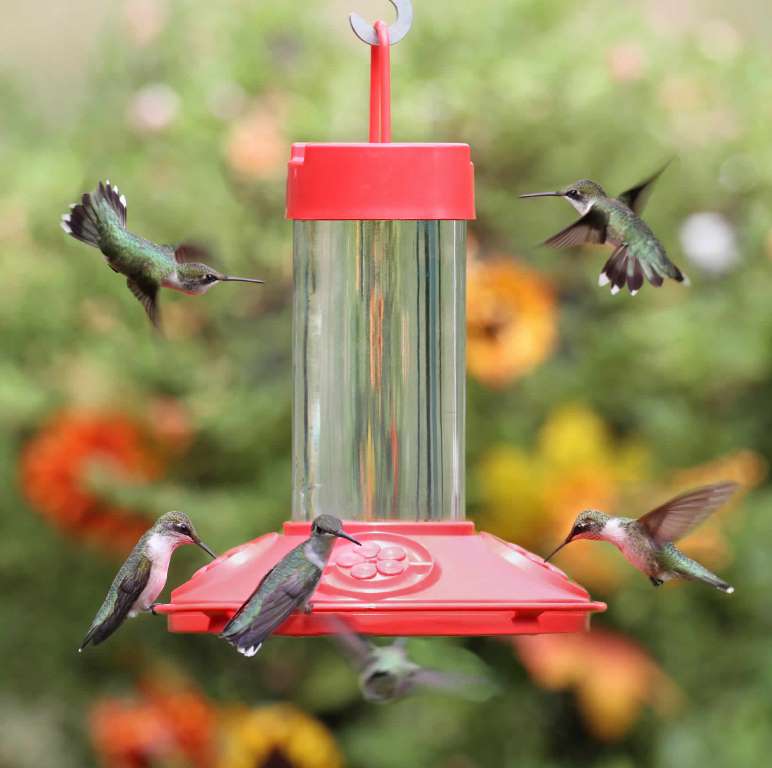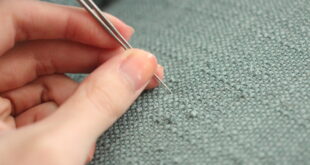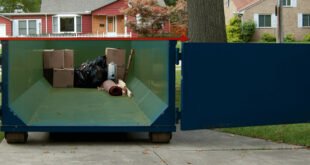Having Hummingbirds in your garden has many benefits; one of them is that they can pollinate flowers that other insects and birds can’t reach down into. Having hummingbird feeders filled with sugar water installed in your garden can attract these beautiful birds.
But you might also receive other guests such as bees, ants and undesirable ones such as wasps and hornets which can get aggressive at hummingbirds and even humans. Numerous insects and bugs feeding on the nectar in your hummingbird feeder might make it contaminated, and hummingbirds will be less likely to be attracted.
Reasons why Bees and Other Insects Invade Hummingbird Feeders

Before we look for ways to prevent bees, wasps, and other insects from invading your hummingbird feeders, we should understand why they are invading in the first place.
- Lack of a Food Source in the Area
One of the reasons insects such as bees are in your hummingbird feeders is because there is a lack of available nectar in the area. This may make your hummingbird feeder, filled with sweet sugar water, an especially attractive location.
- A dirty yard.
Attractions such as improperly covered trash, pet manure piles, soda cans, etc. can attract other insects and critters in your yard. They may discover your hummingbird feeder and feast on it too.
Safe Tips and Tricks to Keep Bees and Other Insects Away from Hummingbird Feeders
Here are some things you can do to ward off bees and other insects from your hummingbird feeders while keeping both hummingbirds and insects safe:
- Do not use pesticides
You must avoid using pesticides to ward off the insects on your hummingbird feeders at all costs. Pesticides are very poisonous to hummingbirds, and even a small amount can be deadly. Also, avoid using oily deterrents such as cooking oil or petroleum jelly as these can stick on the hummingbird’s feathers and disabling their ability to fly freely.
- Avoid using Yellow-colored feeders
The color yellow is Bees, wasps, and hornets’ favorite. Opt-in for a red-colored feeder instead as hummingbirds are more attracted to them. If your feeder has yellow accents on it, you can safely paint them red with non-toxic, eco-friendly paint. Depending on the feeder, these yellow accents can be safely removed without affecting how the feeder functions.
- Clean the feeder every other day
Hummingbirds can be messy eaters. The nectars can drip out their bills and towards the feeders. The nectars can also leak out the feeding ports when the air pressure increases inside the feeders during a particularly hot day. When refilling the feeder, clean the feeding ports to remove spilled nectars and take measures to minimize and prevent any leaks that may attract other insects.
- Keep the feeders away from direct sunlight
Bees and other flying insects like feeding directly under sunlight. You can make them visit the hummingbird feeders less by placing them under shady spots. This also helps cool down the nectars, preventing leaks from air pressure and slow down the fermentation process, which can cause nectars to go sour and is terrible for hummingbirds to consume.
- Trick the bees and insects
When hummingbirds discover a food source, they will visit it quite often. Insects have less memory than hummingbirds. They will only look for convenient food sources. You can trick them by occasionally moving the feeders around your yard. This can decrease visits from insects as they won’t be bothered to search for the missing food source.
- Offer alternative feeders
If you want bees away from your hummingbird feeders but still desire to keep them for your garden to pollinate other flowers, you can place a different feeder containing a sweeter nectar solution. Use a yellow feeder and put it in a sunny location of the garden away from the hummingbird feeders. You can also use bee guards on your hummingbird feeders.
As ants can’t swim, you can make a moat filled with water to deter them from reaching the hummingbird feeders. You can also hang the feeders using fishing lines. Ants have trouble gripping on these lines so they won’t be able to climb down to reach the feeder.
Final Word
Keep in mind that not all insects are harmful to your garden and hummingbirds, Bees can be essential to a garden to pollinate flowers and in turn, attract more birds. Just be mindful of the safe methods listed above to manage the insect population of your garden where they are not a nuisance to the hummingbirds.



